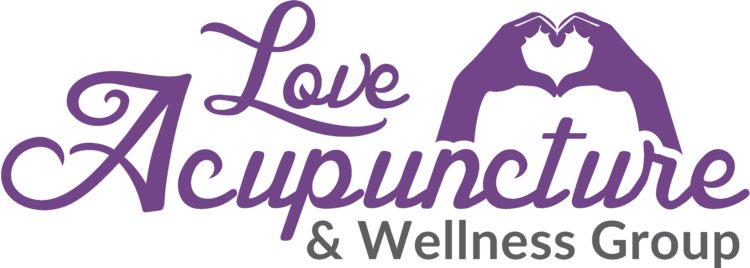Acupuncture for Low Back Pain
Low back pain is one of the most prevalent health complaints worldwide. In fact, an estimated seven out of ten adults will report some form of back pain in their life, whether it is chronic or acute.
Many adults with low back pain will turn to pain medications, physical therapy, or other forms of treatment to find relief. However, acupuncture for low back pain is becoming more common as an alternative to more severe forms of treatment such as opiates.
In fact, Medicare is beginning to cover acupuncture to treat chronic low back pain, largely in an effort to curb the prescription of and reliance on opiates to treat the condition.
If you suffer from low back pain—especially chronic pain—you may be familiar with these kinds of treatments. Many folks are in the same position, and are looking for something with less severe side effects that offer real, long-lasting relief.
In Eastern Asian medicine and acupuncture, practitioners maintain that pain can appear if the movement of blood and Qi are stagnated or stopped. Before treatment, practitioners will speak with and evaluate patients to determine which factors are at play to cause such pain, and will then tailor their treatment to the individual patient they’re working with.
This appears to have significant impact on patients’ levels of pain and overall wellbeing: according to a study reported on by AARP, 60% of patients who received acupuncture for low back pain reported an improvement in their pain, whereas only 39% of folks treated with the standard course of care (without acupuncture) reported an improvement.
But it isn’t just one study. Another study done by Kaiser Permanente researchers found that “acupuncture was more effective than usual care alone for helping people with chronic low back pain feel less bothered by their symptoms and function better in their daily activities.”
Another study by Liu et al. reports, “… acupuncture, either used in isolation or as an adjunct to other interventions, has been demonstrated as an effective clinical option for patients with chronic [low back pain] LBP and should be advocated in routine clinical practice.”
While acupuncture as a treatment has been used for thousands of years, its efficacy in regards to treating low back pain—especially chronic low back pain—is gaining traction in Western medicine research just as its popularity is increasing among much of the population.
At Love Acupuncture & Wellness Group, we believe we can help you find long-lasting pain relief from your chronic or acute low back pain. Any one of our three wonderful acupuncture providers can help locate and treat the cause of your back pain and help get you back to the activities you love.
Especially for folks that experience back pain as a result of an injury—such as a work injury, a motor vehicle accident injury, and/or a sports injury—acupuncture can play a beneficial role in your rehabilitation. We want to help you get back on your feet and back to the activities you love.
You can feel free to email us at info@loveacu.net or call our offices at (503) 343 9851 to find out if we can help you with your back pain. We would be honored to help you get back to doing what you love, pain-free.
If you are experiencing a medical emergency, call 911. Do not wait for an appointment with us. We are happy to help with chronic pain; however, we are not equipped for or specialized in urgent or emergent care.
For Further Reading:
“Acupuncture for Lower-Back Pain: Really?” AARP; Sandra Lamb, 2020.

